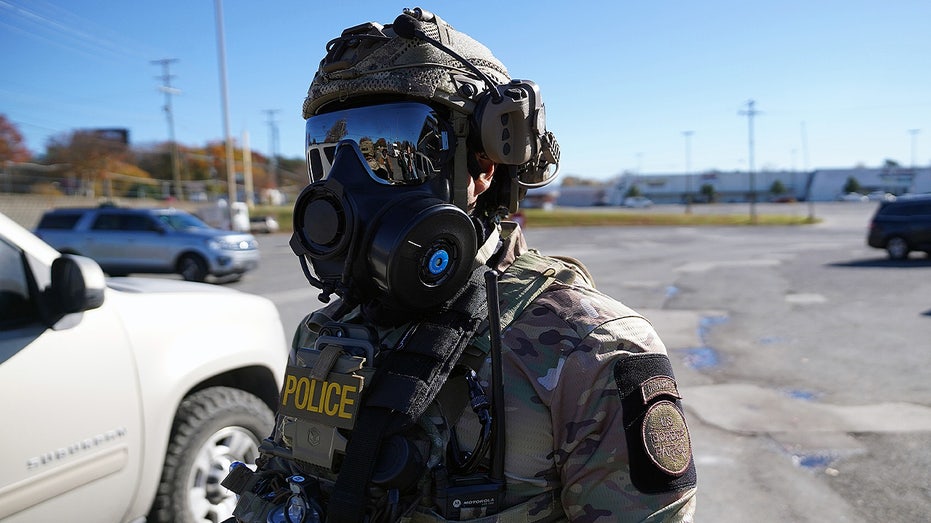A wave of federal enforcement descended upon Charlotte, North Carolina, dramatically altering daily life for many residents. Within the first two days of “Operation Charlotte’s Web,” 130 individuals were taken into custody, signaling a significant escalation in immigration enforcement.
Among those arrested were individuals with extensive criminal records, including charges of aggravated assault, attacks on law enforcement, and hit-and-run offenses. Authorities also identified two known gang members within the group, highlighting the operation’s focus on public safety concerns.
The impact extended far beyond arrest statistics. Schools across the Charlotte-Mecklenburg district reported a staggering number of absences – over 20,000 students – particularly affecting the Hispanic student population, which represents nearly a third of the district.
Fear gripped the community as stories emerged of residents altering their routines. Manolo Betancur, owner of Manolo’s Bakery, a Charlotte institution for 28 years, made the unprecedented decision to close his doors, shaken by the visible presence of federal agents. He described feeling compelled to carry his passport, despite being a U.S. citizen, due to his appearance and accent.
The operation wasn’t without direct confrontation. Federal agents faced two separate incidents involving vehicles deliberately driven toward them, resulting in one officer sustaining injuries. One suspect was later identified as a transgender individual, while the other was a U.S. citizen.
Footage surfaced of tense encounters between agents and protesters, with residents voicing their outrage and demanding the agents leave. Shouts and obscenities filled the air as citizens directly challenged the federal presence in their city.
Local officials, including Charlotte’s mayor, issued a joint statement expressing concern over the “unnecessary fear and uncertainty” the operations were creating within the community. They emphasized the importance of residents feeling safe and secure in their daily lives.
The enforcement effort is now expanding, with federal agents moving approximately 170 miles north to Raleigh, North Carolina. While Raleigh’s police department has stated it will not participate in immigration enforcement, officials have affirmed their commitment to protecting residents and upholding the law.
Charlotte joins a growing list of cities targeted in a nationwide effort to enforce immigration laws, including Los Angeles and Chicago. These locations are often referred to as “sanctuary jurisdictions,” where local authorities have limited cooperation with federal immigration agencies.
The operation in Charlotte marks a clear intensification of federal immigration enforcement, leaving a lasting impact on the city’s residents and sparking a heated debate about safety, security, and community trust.
Following the events in Charlotte, attention is now turning to New Orleans, Louisiana, as the next target in “Operation Catahoula Crunch,” signaling a continued and widespread crackdown.






